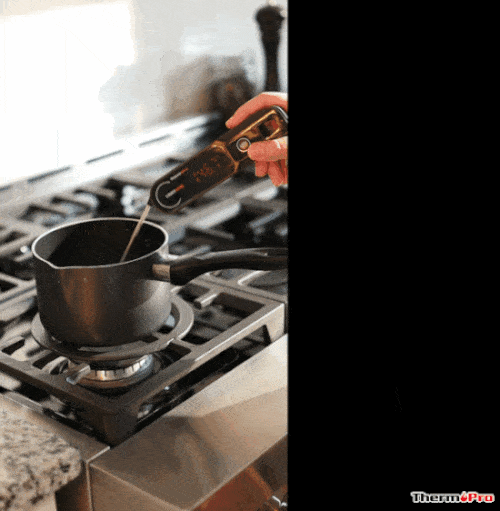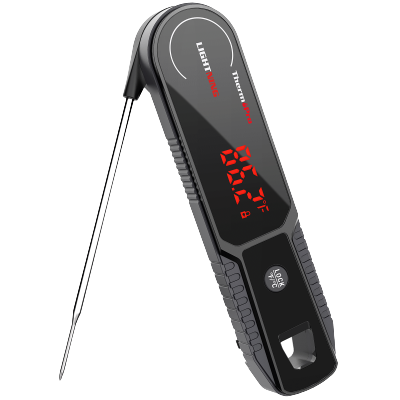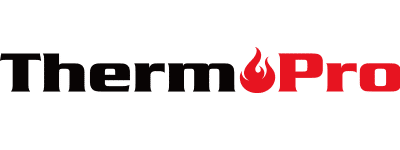The customer service team is always listening, taking notes, and quantifying complaints to ensure our products are continually improved. Due to selling directly to you, the customer, via Amazon, we can use product reviews to help us improve our existing products or help further development of new products.
What Is the Perfect Coffee Brewing Temperature?
Table of Contents
Nothing is as refreshing as a good cup of joe in the morning. And for all your experience as a seasoned coffee drinker, you know that some cups are simply better than others. Rational thinking tells us this is the result of different brands of coffee consisting of different types of grounds and made using different formats. And yet, there’s a much simpler explanation: a perfect cup of coffee is made using the perfect coffee brewing temperature.
Continue reading to discover the optimal temperature for brewing your coffee, how this temperature was selected, and more!
Coffee Brewing 101: Extraction
To understand why temperature is so important to coffee brewing, we need to understand how coffee is made. As you’re probably aware, boiling water reacts with coffee grounds to create a chemical reaction. The hot water extracts different compounds like acids, oils, aroma, and caffeine to produce the coffee that we know and love.
But what you might not know is that this extraction happens at different rates when brewed at different temperatures. The acidic and fruity flavors get extracted first, then come the sweetness and balance, and finally come the bitterness and caffeine. For this reason, it is possible the water you’re using to make coffee is too hot or too cold.
- Too Cold: When coffee is made with water that isn’t hot enough, under-extraction occurs. The coffee is imbalanced and weak.
- Too Hot: On the other hand, coffee made with water that is too hot tastes bitter and burnt. Over-extraction has brought out too many of the coffee’s bitter-tasting compounds, making it too harsh.
The Perfect Coffee Brewing Temperature
If you’re looking to make the best coffee you can, the ideal temperature for brewing coffee is 200°F (93.0°C). If you want to be less technical, the margin of error allows for this temperature to vary up or down by 5°F (3°C). This means the ideal range for coffee brewing lies between 195°F and 205°F (90°C and 96°C).
If this number seems arbitrary, we assure you that it isn’t. This is the brewing temperature recommended by the Specialty Coffee Association (SCA), a “coffee think tank” that performs research and establishes protocols for the coffee industry.
Within these guidelines, we’re sure you’ll hit that “sweet spot” where your coffee will taste balanced and rich.
How to Find the Perfect Temperature for Your Hot Water
To quickly measure temperatures of food and liquids, use an instant-read thermometer like the ThermoPro One-Second Instant-Read Meat Thermometer. This innovative thermometer provides temperature readings as fast as one second, making it 200% faster than the competition! Get measurements quickly without the need to delay your day any longer.
Can I use a meat thermometer to measure boiling water?
Yes! Meat thermometers contain thermocouple sensors that can measure all varieties of foods. Featuring a stainless steel probe and an IP65-rated waterproof casing, the Lightning is an easy-to-clean device that can be washed under running water. Simply unfold the probe, insert it into your sample, and read the measurement.
Bonus Coffee Brewing Tips
Get more mileage out of every brew with these quick tips:
- Measure Twice, Brew Once: As per the SCA, the ideal coffee-to-water ratio is 55 grams of coffee for every liter of water used with a margin of ±10%.
- Best Drinking Temp: For the best coffee drinking temperature, try between 120°F and 140°F (49°C and 60°C). Too hot and you can’t taste the flavor; too cold and it becomes unpalatable.
- Don’t Reheat: Don’t bother reheating a cold cup of coffee. As your taste buds have previously told you, doing so will change its flavor profile, making for an unsatisfying cup of coffee.
- A Stronger Cup is a Bitter Cup: You’d be right to think that a higher water temperature is able to extract more caffeine, resulting in a stronger cup of coffee. And yet, the higher temperature extracts bitter compounds at a higher rate, making for a cup of coffee that is more bitter than full of caffeine.
- Try Variations: Light roasts contain beans with denser cell structures, thereby requiring hotter water to draw out the caffeine. Dark roasts require the opposite.
Are you looking for more ways to measure food temperatures? Choose from a top lineup of bestselling cooking thermometers at the ThermoPro store on Amazon!









